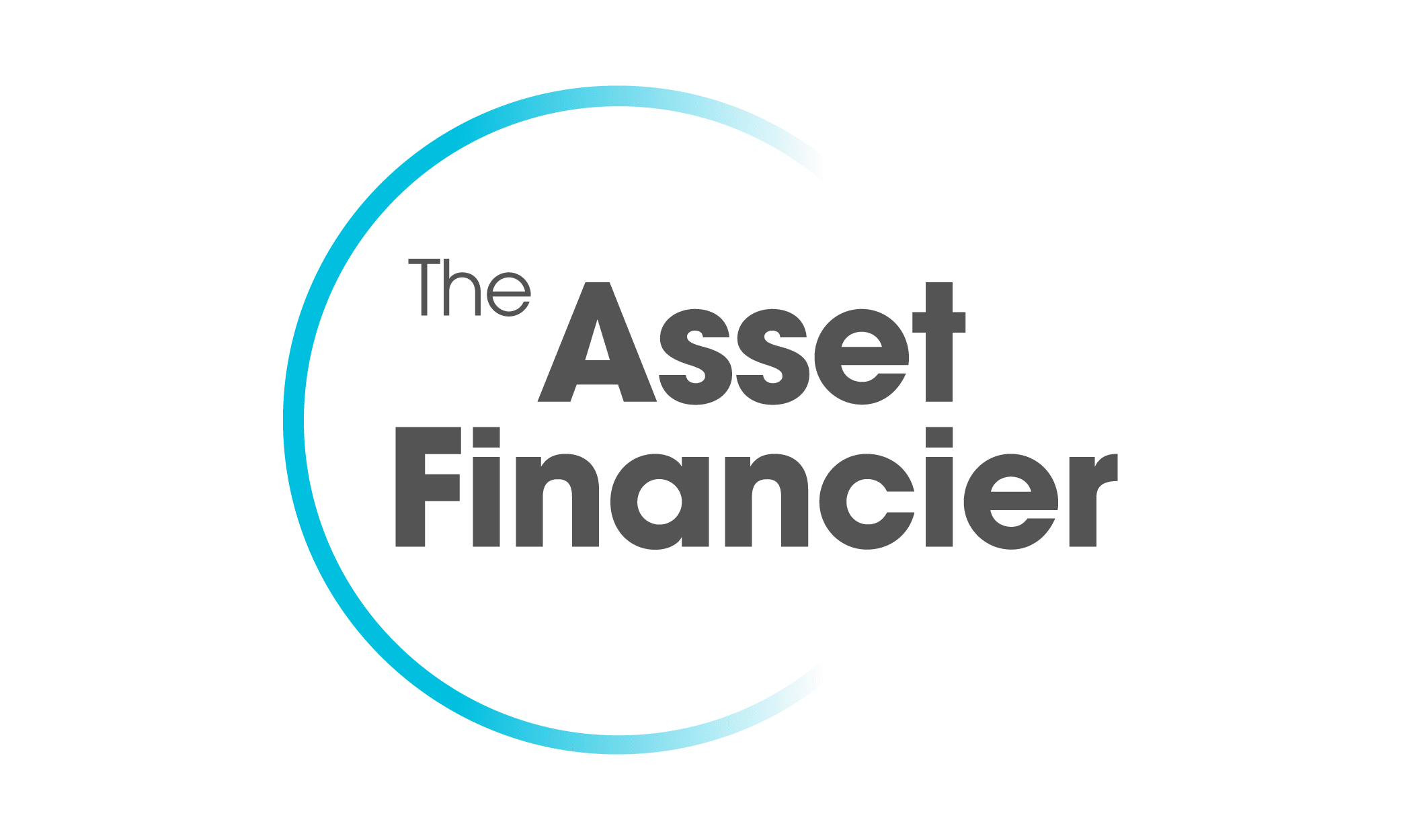Car leasing is a popular vehicle finance arrangement for businesses and individuals. Whether you’re a company owner who wants to turn over your commercial vehicle stocks regularly or an individual who can use one to reduce your taxable income, leasing is a cashflow-friendly way to access your new or used car. So, how do car leases work?
What is a car lease?
A car lease is a finance product that allows you to use a car without owning it. Instead, the financier buys the vehicle and leases it to your business for a set term of up to five years. During this time, you’ll essentially pay to rent the car.
There are three main types of car leases in Australia:
- Finance lease: finance leasing typically enables you to look after all your vehicle’s on-road costs yourself (also known as non-maintained leasing). At the end of the lease, you can either pay the residual and own the car, sell or trade in the car to cover the residual or refinance the residual and extend your lease.
- Operating lease: operating leases are different to finance leases in a couple of key areas. Firstly, they almost always have their on-road costs bundled into the lease payments (known as fully maintained leasing). They also don’t have a residual, so you’ll only have the option to hand your car back to your leasing company at the end of the operating lease term.
- Novated lease: unlike the first two options, novated leases are available to employees for personal use. Under this three-party arrangement, your employer deducts your lease payments from your pre-tax salary and pays your leasing company for you. This brings a variety of tax benefits, most notably reduced income tax.
When might you take out a car lease?
There’s a range of situations where you might wish to apply for one of the three lease products listed above. These can include:
- Wanting to take out a product with fully tax-deductible repayments (finance or operating lease)
- Needing to regularly refresh your company’s vehicle or vehicles (operating lease)
- Wanting to take advantage of personal income tax benefits (novated lease)
- Not wanting to own the vehicle from the beginning of the term (finance or operating lease)
- Having your on-road costs taken care of for you (operating and some novated leases)
The differences between vehicle lease types
| Operating lease | Finance lease | Novated lease | |
|---|---|---|---|
| Parties in lease agreement | Business owner and leasing company | Business owner and leasing company | Employee, employer and leasing company |
| Ownership | Lessor retains ownership throughout lease term | Lessor retains ownership until end of term | Lessor owns vehicle, employer facilitates lease, employee has possession |
| Assets you can lease | Road vehicles | Vehicles and other eligible commercial equipment | Cars |
| Option to buy at end of lease | No | Yes | Yes |
| Term length | One to five years | One to five years | One to five years |
| On-road costs | Typically included in lease agreement | Typically excluded from lease agreement | Can be included or excluded |
| Payment | Fixed payments covering lease period | Fixed payments covering lease period | Payments deducted from pre-tax income |
| Mileage limits | Yes, many leases set a maximum number of kilometres per year | Yes, many leases set a maximum number of kilometres per year | No |
| Balloon payment (residual value) | No | Yes | Yes |
| Risk of obsolescence | Lessor | Lessee | Lessee |
| Tax benefits | Up to 100% of payment claimable, on-road costs included ex-GST | Up to 100% of payment claimable, car purchase price and on-road costs included ex-GST | Reduces taxable income, car purchase price and on-road costs included ex-GST |
How much does it cost to lease a car?
The amount you’ll pay to lease a car depends on several factors, including:
- Car price: the higher the price of the car, the higher your monthly lease payments are likely to be. However, remember that you aren’t financing the entire cost of the car when you lease; instead, you're only paying to rent the car.
- Lease term: shorter lease terms often result in higher monthly payments, but you’ll generally pay more interest with a longer lease term even though your monthly costs are lower.
- Interest rate and lease fees: higher rates and fees on a car lease translate directly to higher monthly payments and higher costs overall.
- Residual value: a higher residual value results in lower monthly lease payments because the lessor (financing company) will recoup more of the car's value at the end of the agreement. However, it also means you’ll pay more in interest overall.
- Type of lease: the type of lease you have will affect how much you pay. For example, fully maintained lease payments are typically more expensive than non-maintained ones, as all the on-road costs are included in the payment.
- Distance driven: the higher the number of kilometres you drive each year, the more you’ll pay for your lease. For instance, drivers who list 10,000km or less per year as their total travel time will save compared to those closer to 40,000km.
- Tax-deductible portion: if you’re taking out a finance or operating lease, you’ll likely be able to claim at least 51% of your lease payment back as a tax deduction. If it’s used exclusively for business purposes, this could be as high as 100%.
- Tax savings for novated leases: for novated leases, it’s important to consider the amount you’re saving in income tax as a result of your rental payments. In this case, spending money could save you money.
Are car leases cheaper than vehicle loans?
The monthly payments for a car lease are cheaper than those for vehicle or loans. That’s because you aren’t paying for a portion of the car’s value with each instalment. Instead, they’re based on the cost of renting the vehicle (including interest and fees) and any on-road expenses included.
However, whether it’s cheaper overall to rent or lease a car for your business will ultimately come down to things like interest rates, fees, loan and lease terms, residual values and more.
Because of the tax savings associated with novated leases, they’re often cheaper than car loans if you have the option to take one out. You can fill out our quick quote form and speak to a trusted member of our novated leasing team to see what the benefits might look like for you.
How to get a car lease with Savvy
-
Figure out your requirements
Before you begin, it’s important to determine if a car lease is the best option for your circumstances. Whether you’re after a commercial or novated lease, discuss your options with your accountant before making a decision.
-
Apply with Savvy
Once you have an idea of what you’re after and what you can comfortably manage, you can apply for a car lease quickly and easily online with Savvy. Tell us about your personal and/or business finances.
-
Submit the required documents
Alongside the standard finance documentation, we may require you to submit further evidence to verify details about you or your business.
-
Speak with Savvy
One of our friendly consultants will reach out to you to discuss your options once we’ve reviewed your profile and compared deals from our lenders. Once you give the go-ahead, we’ll get to work.
-
Choose your vehicle
If you haven't already, it's time to find a car. If you need assistance, our in-house car broking team can help you find a new or used car from its national dealer network.
-
Receive approval and sign off
We’ll let you know if your application for a lease is approved, after which we’ll send you all the final documents to sign. Once everything is settled, the car is yours to use!
What our customers say about their finance experience



Savvy is rated 4.9 for customer satisfaction by 4937 customers.
Car lease alternatives
Whether you’re a business owner or an employee, there are a number of ways to get a car for work. Other than car leases, you may want to consider:
- Chattel mortgage: a chattel mortgage is a type of secured loan for the purchase of assets like cars that are primarily for business use. Under this arrangement, the asset is used as security for the loan and the borrower makes regular payments over time. Unlike a lease agreement, you own the asset from the start, giving you greater control over how the car or equipment is used or modified.
- Secured car loan: a secured car loan is a popular way to finance a car purchase for private use. Like chattel mortgages, you borrow a lump sum to buy a car and the vehicle is used as collateral. If you fail to repay the loan according to the agreed terms, the lender has the right to repossess the car to recover their losses. Because the loan is secured by the vehicle, lenders typically offer lower interest rates than unsecured loans.
- Low doc car loan: a low doc vehicle loan offers a solution for business owners and sole traders who don’t have the necessary paperwork to buy a car, such as tax returns. These loans come with higher interest rates and fees than the other options listed above.
Is a car lease different from a car rental?
Yes – in Australia, rental cars are short-term agreements with specialist rental companies that give you access to a vehicle for a set period. They’re most commonly taken out when travelling, but you might also use one if your car is written off or in for repairs.
Plenty of car insurance policies cover these if you find yourself in need of a set of wheels for a short time. They aren’t usually suitable for businesses looking for a long-term arrangement due to their cost.
Car Loan Lenders We Work With

















































